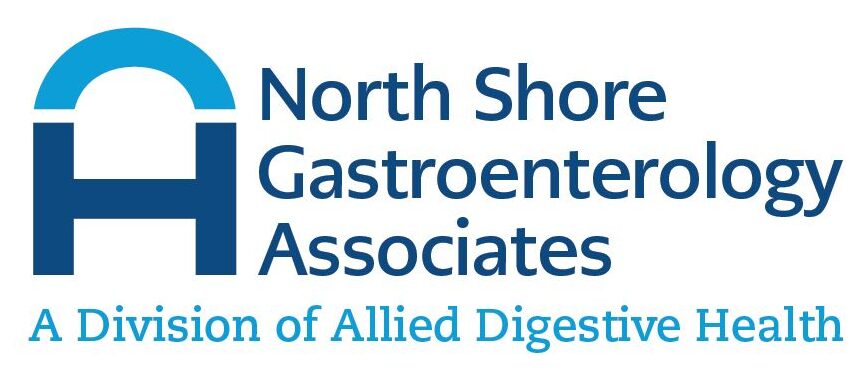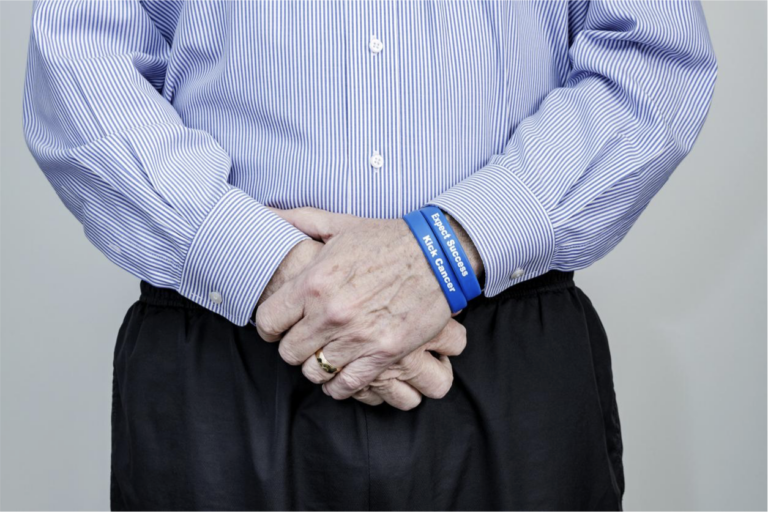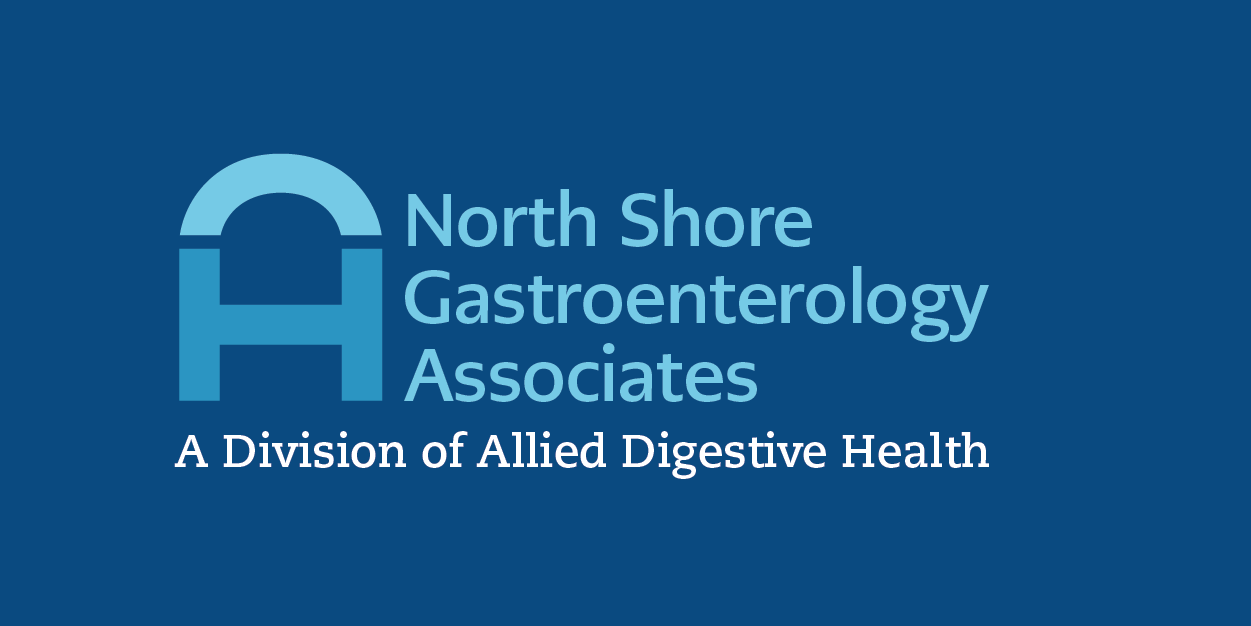If you only read the first sentence of this blog, know that colon cancer is PREVENTABLE, treatable and beatable. Do NOT wait until you develop signs of colon cancer. Go get your screening colonoscopy. Screening colonoscopy in asymptomatic individuals is how precancerous polyps can be found and removed, and colon cancer can be prevented.
Colon cancer, also known as colorectal cancer, is a type of cancer that starts in the large intestine or colon. According to the Centers for Disease Control and Prevention (CDC), colon cancer is the third most commonly diagnosed cancer in the United States, excluding skin cancer. It’s also the second leading cause of cancer death among both men and women combined.
According to the Colorectal Cancer Alliance, men and women have an almost equal risk of developing colorectal cancer at one in 23 and one in 25, respectively. The risk, in both genders, increases with age, with those above 50 being the most affected. However, the numbers are since changing, and 2% more people below 50 are developing colon cancer.
Given that colorectal cancer is becoming more common among young adults, the American Cancer Society (ACS) and the US Preventive Service Task Force (USPSTF) recommend screening at age 45 for average-risk individuals and as recommended by your physician for those with a genetic disposition or family history of family cancer.
What Are the Early Warning Signs of Colon Cancer?
It isn’t easy identifying the early signs and symptoms of colorectal cancer since they don’t come right away. That’s why it’s advisable to go for screening as colon cancer should be preventable, treatable and beatable.
The signs and symptoms of colon cancer depend on what stage the cancer is during diagnosis.
While the early signs and symptoms of colon cancer aren’t obvious, here are some early signs that are of concern and should lead you to seeking out care from a gastroenterologist:
-
- A major change in bowel habits or movements is characterized by diarrhea, constipation, or narrowing of the stool. If this lasts several days, it’s time to get checked.
- A constant need to empty your bowels, but you don’t get relief after.
- Rectal bleeding with bright red blood.
- Bright red, black, or tarry blood in the stool.
- Pelvic pain.
- Constant feeling of fatigue and tiredness.
- General abdominal discomfort –bloating, cramps, or gas pains that won’t ease up after a while.
- Sudden, unintentional appetite and weight loss.
- Anemia – resulted from excessive bleeding in the colon and rectum.
If you notice any of these signs, it’s advisable to get checked.
What Are the Risk Factors for Colon Cancer?
Anyone can develop colon cancer. However, some individuals are more susceptible to developing colon cancer than others. That’s why it’s best to discuss colon cancer screening and diagnosis with your physician if you have any of the factors below:
-
- Family history of colorectal cancer among close relatives like parents, siblings, or other second-degree relatives.
- Personal history of collateral cancer, polyps, chronic inflammatory bowel disease, ulcerative colitis, or colon inflammation, especially if you suffered any of these before you were age 60.
- Certain genetic syndromes such as familial adenomatous polyposis (FAP).
- African Americans and those of Ashkenazi Jewish descent are more likely to develop colon cancer.
- Type 2 Diabetes.
Other risk factors include:
-
- Lifestyle such as excessive alcohol intake, smoking, lack of exercise, and excess weight.
- A diet with a lot of red meat, fat, and cholesterol. Taking meals with high amounts of fiber and fresh vegetables is likely to lower the risk of colon cancer.
- Gender, as men are more likely to get rectal cancer.
- Colorectal cancer is more common in individuals over 50 years.
- Polyps such as adenomas.
Colon Cancer Screening and Diagnosis
Colon cancer usually doesn’t cause symptoms until it’s in advanced stages. That’s why it’s advisable to get screening even before noticing or having any of the above signs and symptoms for easier diagnosis and thus treatment.
Colonoscopy
A colonoscopy is a test done using a long, thin, flexible tube with a light and camera attached at the end that allows the doctor or gastroenterologist to examine your colon and rectum for any abnormalities like polyps or cancer. The procedure is under anesthesia so you should not experience any discomfort.
How Can a Gastroenterologist Help With Colon Cancer?
When diagnosed early, colon cancer can be treated with much better success rate. Depending on your health status and stage of cancer, your doctor can recommend surgery, chemotherapy, radiation, targeted therapies, immunotherapies, and FDA-approved drugs.
At Red Bank Gastroenterology, we care about your wellbeing. We offer a range of cutting-edge gastrointestinal treatments and tests, including colonoscopy. Our team of highly skilled gastroenterologists is always ready to help you and get you back to your best shape.
Please don’t hesitate to contact us today for inquiries or to schedule a consultation.



